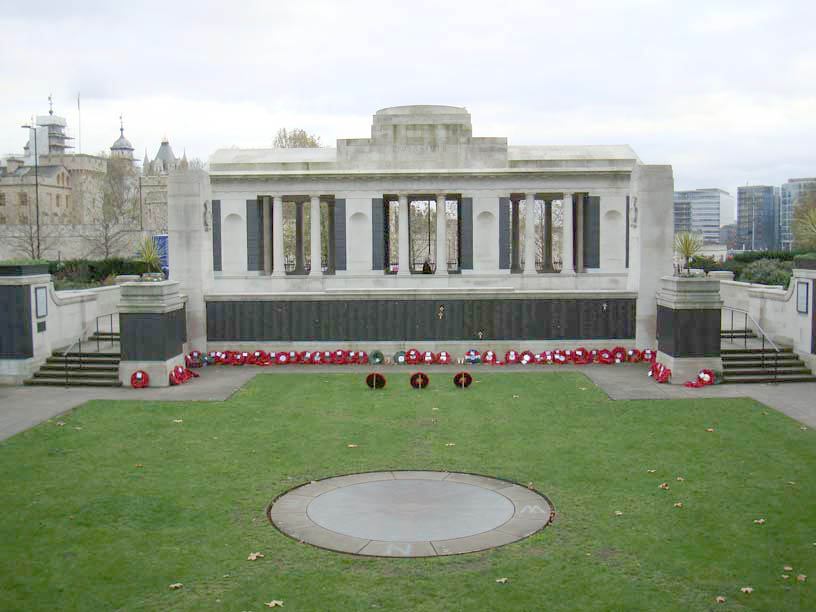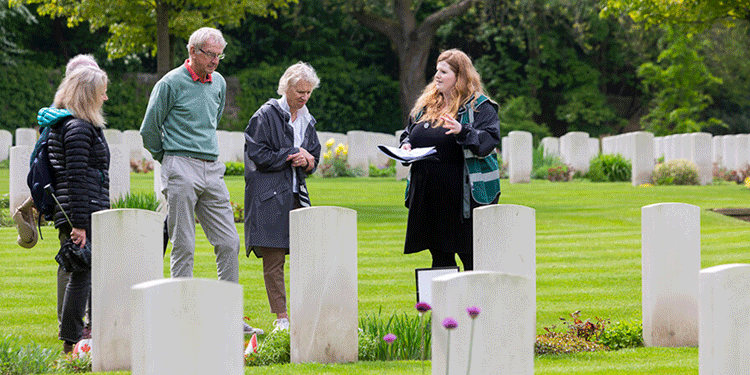
Archibald Bisset Smith was born to William and Annie (née Nicol) in Cults, Aberdeenshire, on 19th December 1878, and was educated at Robert Gordon's College in Aberdeen, before joining the Merchant Navy in 1895. He gained his Master's ticket in 1903 while serving with the New Zealand Shipping Company, and served on the steamers Waikato, Rakaia, Waimate, and Turakina.
In October 1915, in Paddington, Archibald married Edith Clulee (née Powell) whom he had met in New Zealand -- she had a son, Alfred, by a previous marriage.
Early in March 1917, Archibald was Master of the New Zealand Shipping Company cargo ship Otaki, a refrigerated cargo liner, which left London, with a crew of seventy-one on unescorted passage via New York and the Panama Canal to New Zealand before returning to the UK with another consignment of frozen lamb.
On the 10th, when 400 miles west of Lisbon, Archibald sighted the German merchant raider SMS Möwe, which was armed with four 150 mm, one 105 mm, and two 500 mm guns – Otaki’s only armament was one 4.7-inch gun. The raider ordered Otaki to stop but Archibald refused and a duel ensued, during which Otaki caused considerable damage to the enemy ship, but also sustained much damage herself. She was also on fire, so Archibald ordered his crew to abandon ship but stayed onboard and went down with his ship.
As a Merchant officer, Archibald could not receive the Victoria Cross at that time, however, in 1919, he was posthumously commissioned as a temporary Lieutenant in the Royal Naval Reserve, which entitled him to receive the award posthumously. He is one of only two members of the UK Merchant Navy to have been awarded the VC for his First World War service.
The citation reads: “For most conspicuous gallantry and devotion to duty when in command of the S.S. "Otaki", on 10th March 1917. At about 2.30 p.m. on 10th March 1917, the S.S."Otaki", whose armament consisted of one 4.7 in. gun for defensive purposes sighted the disguised German raider "Möwe", which was armed with four 5.9 in., one 4.1 in. and two 22 pdr. guns, and two torpedo tubes. The "Möwe" kept the "Otaki" under observation for some time and finally called upon her to stop. This Lieutenant Smith refused to do, and a duel ensued at ranges of 1,900–2,000 yards and lasted for about 20 minutes. During this action the "Otaki" scored several hits on the "Möwe", causing considerable damage, and starting a fire which lasted for three days. She sustained several casualties and received much damage herself, and was heavily on fire. Lieutenant Smith, therefore, gave orders for the boats to be lowered to allow the crew to be rescued. He remained on the ship himself and went down with her when she sank with the British colours still flying, after what was described in an enemy account as "a duel as gallant as naval history can relate." King George V presented the award to Archibald's wife, Edith, and Alfred, his stepson, at Buckingham Palace.
Archibald is commemorated on the CWGC Tower Hill Memorial. In 1937, his family presented the Otaki Shield to Robert Gordon's College, an annual award to the senior boy who is judged "pre‐eminent in character, in leadership and in athletics". The shield was accompanied by the prize of six weeks in New Zealand as Otaki Scholar, visiting various schools as a "roving ambassador" for the college. The New Zealand Shipping Company, later P & O, offered free passage on one of its ships to New Zealand for the winner, with the New Zealand Government organising transport and accommodation for the boy while in the country. The award is still made today, and although the journey to New Zealand is by air, the same warm welcome remains at the schools and wherever the Scholar visits during his stay.
Edith died in 1951 and Archibald is also commemorated on her headstone. On 10 March 2017, a memorial stone was laid at Schoolhill, Aberdeen, to commemorate the centenary of Archibald's action.




